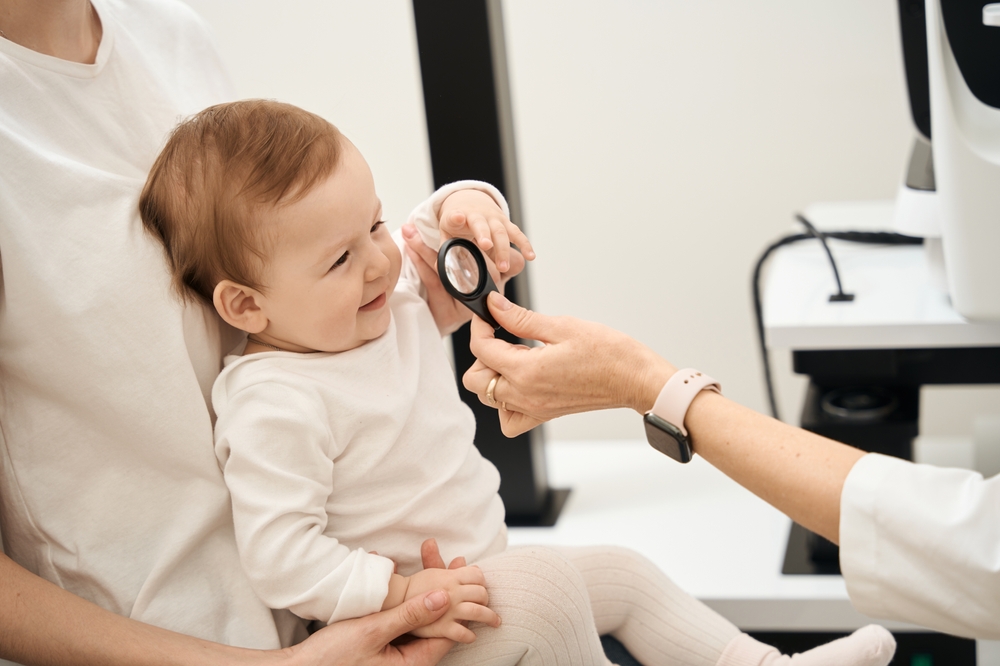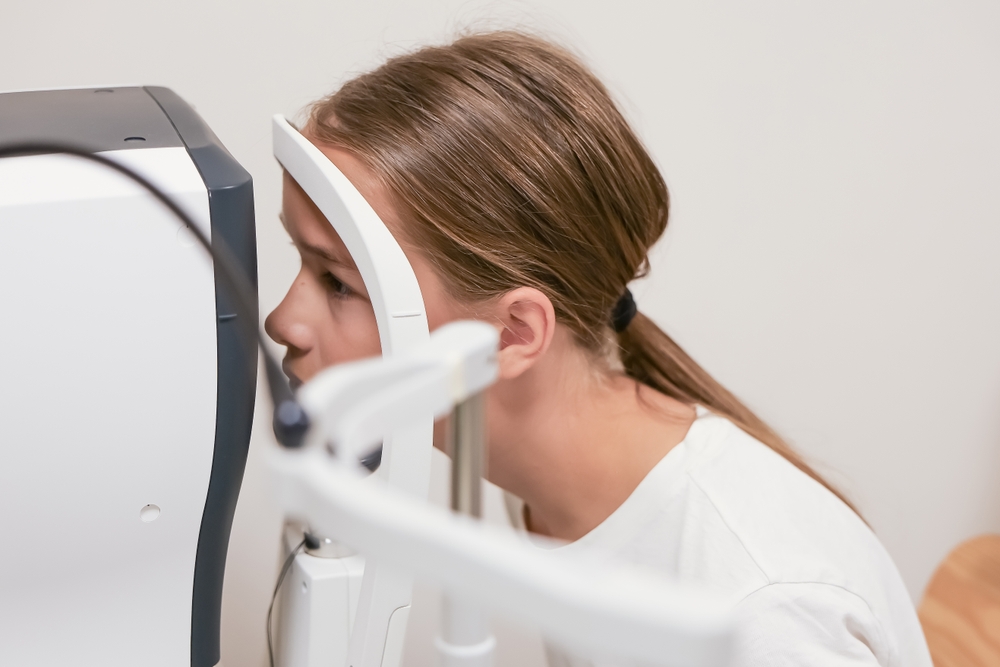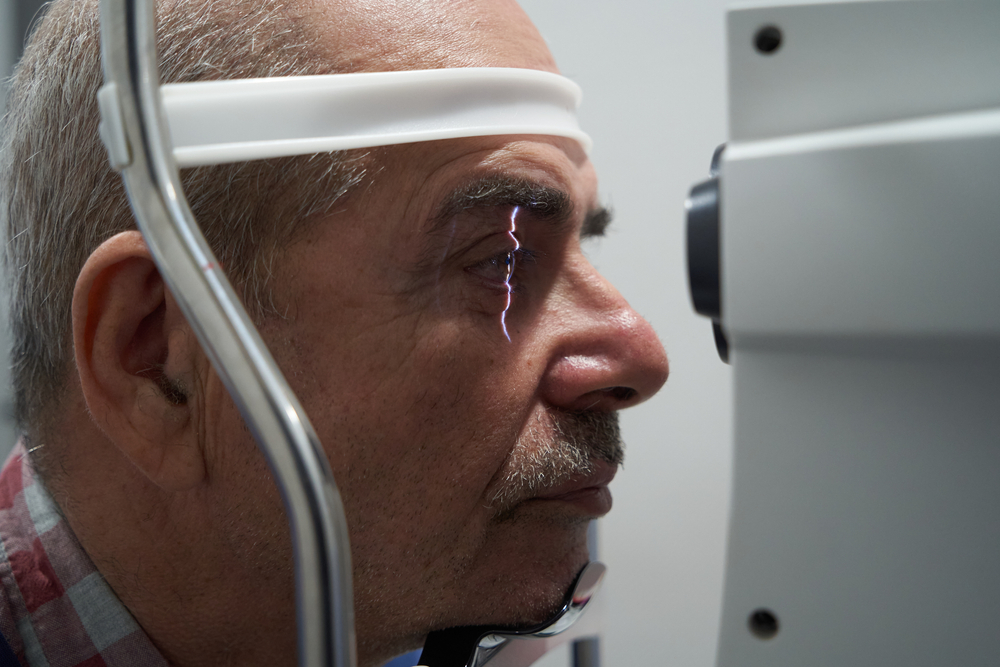The Center for Vision Development Blog
Learn more about optometrist care in our blog!

Your baby’s eyesight plays a critical role in how they learn, explore, and understand the world around them. Vision is closely tied to early developmental milestones, affecting everything from hand-eye coordination to cognitive processing. Because infants cannot tell you when something is wrong, early detection is crucial - and that’s where InfantSEE® exams come in.

A stroke can affect how the brain processes visual information, leading to problems such as double vision, visual field loss, trouble focusing, difficulty reading, poor depth perception, and challenges with balance or spatial awareness. These issues can significantly impact independence, safety, and quality of life. Neuro vision rehabilitation provides a specialized, brain-based approach to improving these post-stroke visual challenges.

If you’ve ever experienced light sensitivity or migraine-related discomfort, you know how disruptive it can be to your daily life. At The Center for Vision Development, we offer offer Avulux lenses in Annapolis as part of our commitment to improving visual comfort and overall quality of life.

At The Center for Vision Development, we’re committed to offering innovative, science-backed therapies that enhance overall wellness. One such therapy is BEMER in Annapolis, a non-invasive treatment that supports the body’s natural processes through advanced electromagnetic technology.

Reading and learning are complex processes that rely heavily on how well the eyes and brain work together. When a child struggles to read or keep up in school, the issue isn’t always motivation or intelligence - it can often be visual.

Many people assume that clear vision depends solely on how well the eyes see - but proper vision also relies on how well the eyes work together. When the eyes don’t align or coordinate correctly, it can lead to problems affecting comfort, focus, and daily activities.

When vision problems go beyond clarity, they can significantly impact how a person learns, works, and navigates daily life. Neuro-visual rehabilitation is a specialized approach that addresses these challenges by retraining the brain and eyes to work together more effectively.

When it comes to healthy vision, the ability for your eyes to work together as a team is essential. One common condition that disrupts this teamwork is convergence insufficiency (CI) - a binocular vision disorder that affects the way the eyes coordinate when focusing on nearby objects.

Vision is one of the most powerful tools a child uses to explore, understand, and interact with the world. While many people associate vision with simply seeing clearly, it actually involves a complex set of skills that influence nearly every aspect of a child’s development.

When most people hear the term “vision therapy,” they often associate it with children. While it's true that vision therapy is commonly used to treat visual challenges in children, it can be just as transformative for adults.











